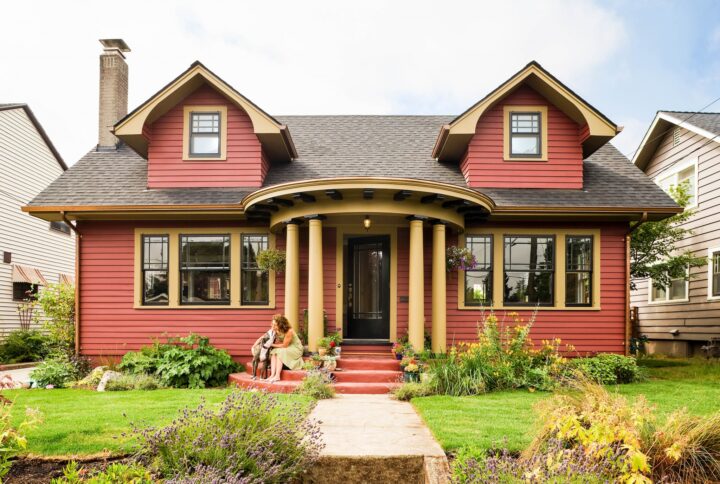How to Stop a Foreclosure
Just because you've fallen behind on your mortgage payments due to a hardship doesn't mean that you will lose your home in a foreclosure. Here are a few ways you can avoid foreclosure.

Written by Chris Sessions on January 14, 2016
If you've fallen behind on your mortgage payments due to a hardship such as job loss or divorce, and you're facing the possibility of foreclosure, you're not alone. Since the housing crash, millions of homeowners have lost their homes to foreclosure. The good news is there are things you can do to stop a foreclosure. The first thing you should do if you are having trouble making your mortgage payments is contact your lender. Communicating with your lender creates an opportunity for you to create a plan, which may include one of these four ways that can help stop a foreclosure:
Apply for a Loan Modification
Federal and state laws prohibit lenders from proceeding with foreclosures when a loan modification review is in process. Loan modifications are when the lender agrees to adjust the terms of your loan to lower the payment, rate, loan amount, or some combination of these factors to make the loan more affordable to you.
The Making Home Affordable (MHA) Program is a government initiative that offers loan modification programs to help homeowners avoid foreclosure. There are several MHA loan modification programs available that can help you lower your monthly mortgage payments or find an alternative a way out of your mortgage.
Hardship is the primary driver of loan modification decisions. Your loan modification application is much like a normal loan application: it will involve a lot of documentation, showing and explaining exactly what caused your hardship, how long it's expected to last, what your income is now, and what your income might be in the future.
File for Bankruptcy
Filing for bankruptcy is a serious move, but it can help stop you from going into foreclosure. A bankruptcy stops a foreclosure as soon as the bankruptcy is filed. A lender can appeal with the bankruptcy court to continue with the foreclosure, but this process can take at least one to two months.
There are two kinds of bankruptcy:
- Chapter 7 is when you discharge your debts, meaning that you don't pay them back if you qualify for this kind of bankruptcy.
- Chapter 13 is when you restructure your debt and get on a payment plan. Chapter 13 bankruptcy may enable you to keep your home because your mortgage can be included in the payment plan.
Short Sale Your Home
If your hardship scenario is going to be longer-term and you know you can't keep your home, you can apply for short sale with your lender instead of just waiting for foreclosure. But this scenario is only applicable to homeowners who owe more than their home is worth.
Your lender must approve the short sale before you list your home because they have to agree to take less than the full loan balance when the home sells.
The two most accepted short sale hardship cases are proof that lower income has made your home unaffordable, or that you're subject to a mandatory job relocation.
Ask for a Deed in Lieu of Foreclosure
This is when you voluntarily sign the deed to your home back to the bank. It seems like an easy option to avoid foreclosure, but it's rarely granted by lenders because they bear too much legal risk that the borrower can sue them later.
How much home can you afford?
At Zillow Home Loans, we can pre-qualify you in as little as 5 minutes, with no impact to your credit score.
Zillow Home Loans, NMLS # 10287. Equal Housing Lender
Get pre-qualifiedHow much home can you afford?
See what's in reach with low down payment options, no hidden fees and step-by-step guidance from us at
Zillow Home Loans.
Zillow Home Loans, NMLS # 10287. Equal Housing Lender
Calculate your BuyAbility℠
Related Articles
Get a mortgage with Zillow Home Loans
Go from dreaming to owning with low down payment options, competitive rates and no hidden fees. A dedicated loan officer will guide you until you have your keys in hand.

Zillow Home Loans, NMLS #10287. Equal Housing Lender.



